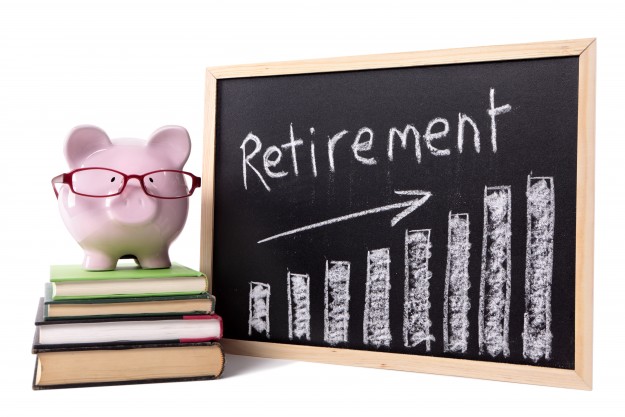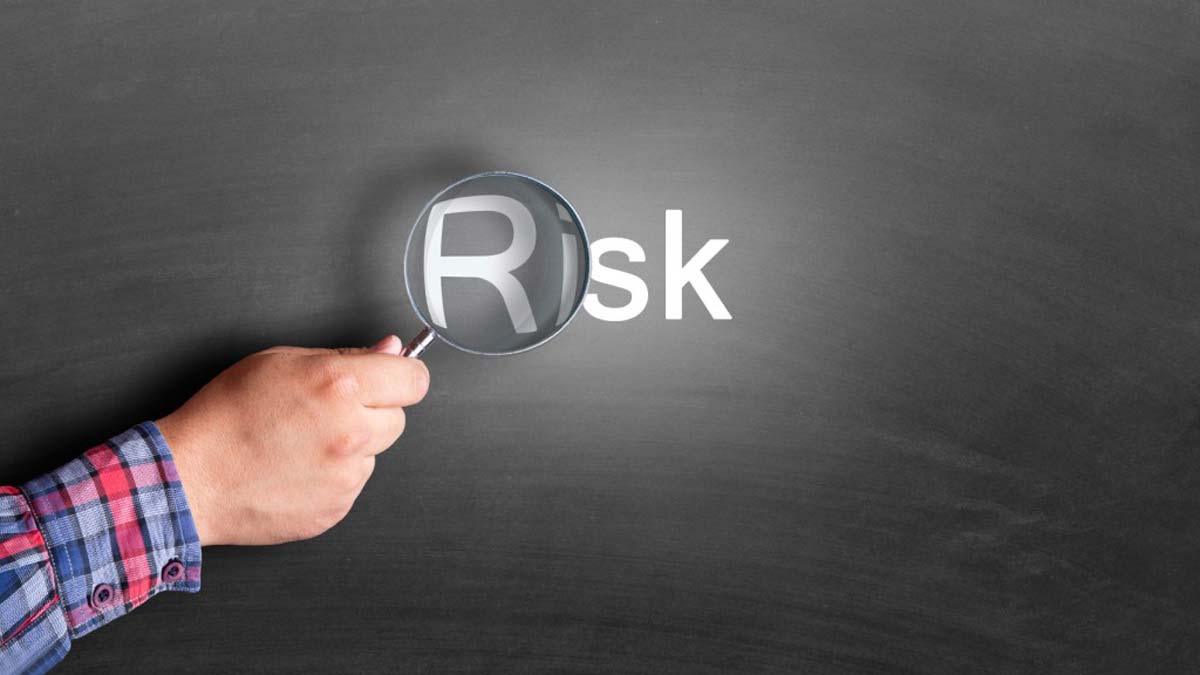
Retirement savings are at risk during economic downturns, but there are ways you can protect your hard-earned nest egg from market volatility. To protect retirement savings, planning, diversification, and disciplined decision-making are necessary to ride out the course of economic uncertainties. If you are strategic about your steps, you can protect your financial future and be sure of your long-term goals.
Diversify Your Investment Portfolio
Keeping a diversified portfolio is one of the best defensive strategies against market downfall. By diversifying your investments among various asset classes, including stocks, bonds, real estate, etc., you cushion yourself against the negatives of any one performance slumping. Diversification will ensure that when one sector loses, another will stop. It is a good idea to keep a watchful eye on your portfolio and periodically adjust it to keep the balance with your retirement timeline and risk tolerance.
Focus on Low-Risk Investments

During an economic downturn, capital preservation should be the goal. A portion of your retirement savings can be allocated for low-risk investments such as money market funds, government bonds, certificates of deposit, etc. Investments from these investors are more stable and will reduce your exposure to significant losses in your retirement savings. Securing your financial foundation is easy whenever things are volatile.
Avoid Emotional Decision-Making
Panic is the most common cause of market downturns and, as a result, can lead to panicked decisions that damage retirement savings. When you sell assets in a relatively down market, you lock in the losses and minimize any chance of recapturing your losses when the market recovers. You must also adhere to the discipline and stay with your strategic plan, even when trading in the equity markets. Financial advisors can help during difficult times by giving you advice and certainty during hard trading.
Maximize Contributions and Catch-Up Opportunities
Protection of retirement savings means preserving wealth and investment and continuing to add to it, even during a downturn. It can be extrapolated to get the best out of your retirement account contributions. If eligible—take advantage of employer matching programs and catch-up contributions. By investing consistently—no matter when you're buying—the continuous (sort of) averaging dollars across your investments will work in your favor, cushioning your costs over time.
Maintain an Emergency Fund

However, protecting retirement savings during a downturn requires an adequate emergency fund. Whether you need to maximize your Social Security benefits to supplement your low income or to fill a gap while you get back on the job market, having cash reserves for unexpected expenses keeps you from prematurely withdrawing from your retirement accounts. Early withdrawals do not only ruin your savings but may even attract late penalty fees and taxes. An emergency fund is a buffer of cash meant to protect the retirement nest egg in bad times.
Stay the Course with a Long-Term Perspective
Retirement planning is far more permanent than economic downturns. Looking at the longer term, you don't care much, which helps you confidently ride the short-term volatility. The rule of what goes up eventually comes down applies to the market rounds, but we already know patience is a virtue in a financial plan. The tail of the firm is constantly changing, and in uncertain times, you need to review your retirement goals and strategy regularly to ensure you are still on track.
Conclusion
Combining strategic planning with emotional discipline is needed to protect retirement savings in a downturn. To protect your nest egg, diversify your portfolio, pick low-risk investments, and let the emotions of hypergrowth not get you. Continuing to make consistent contributions, having an emergency fund, and focusing on long-term goals will only add to your financial resilience. Taking proactive measures by working backward on these items will help you navigate any economic breakdown and have a secure and comfortable retirement.




